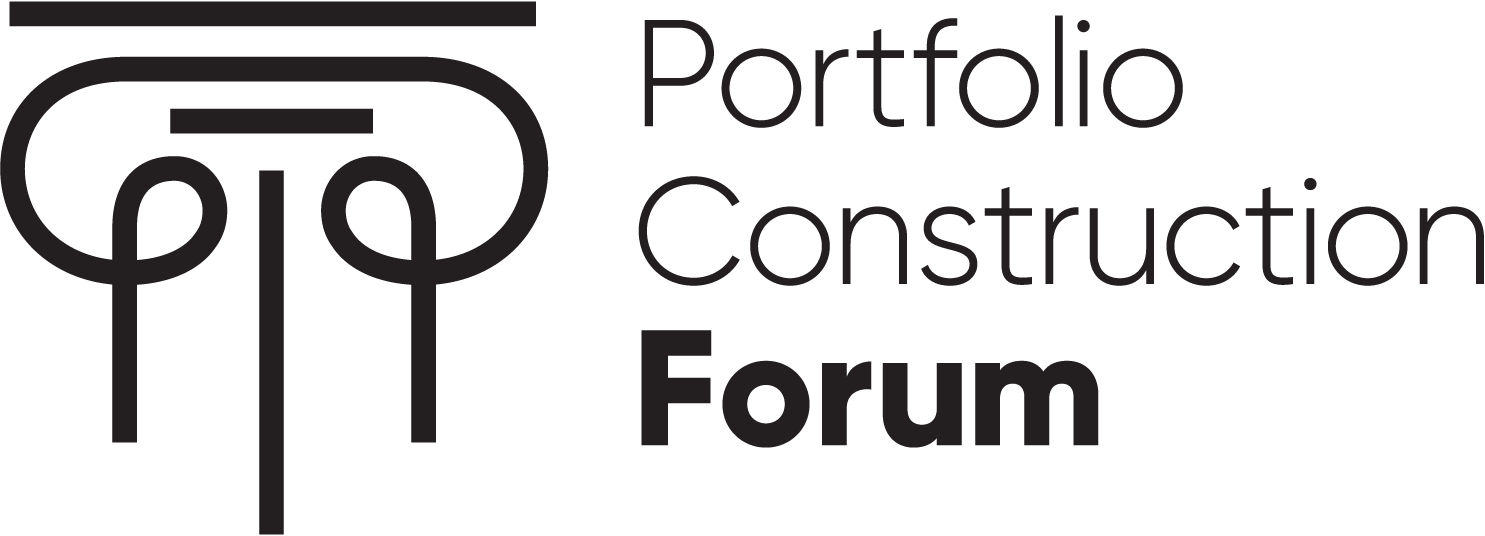|
Finology Summit 2016 - Resources Kit In our society, it’s critical that every individual has a clear perspective about money, and the role that it plays in their present and future well-being. But money means different things to different people. People also have different perspectives on money, based on their experiences. Finology explores the relationship between human beings and money in our society. It is the emerging (and converging) research field covering the study of minds, customs and behaviours with respect to money. It incorporates behavioural finance and much, much more. Our particular passion for finology (the fifth of our five core disciplines) is as it applies to the giving and receiving of quality investment advice. For us, finology is about where investing meets investors. Finology Summit aims to further improve the way you relate with individual investors - and/or help others who must do so. |
||
|
Quicklinks |
||
|
This online Resources Kit is a key feature of the Finology Summit 2016 program (in fact, all our programs feature an online Resources Kit). It enables all Members (whether or not they were part of the "studio audience" at the onstage program) to "attend". It's an invaluable set of continuing education material. This Resources Kit includes all the presentations and papers for each session. |
||
|
An overview list of all the sessions; |
||
|
The jam-packed program delivers four in-depth, practical workshops and one market research briefing, to further improve the way you relate with individual investors - and/or help others do so. |
||
|
Our 2016 program featured a stellar lineup of international and local experts offering their best high conviction idea/thesis around the Finology Summit theme - where investing meets investors.
|
||
|
Where investing meets investors Graham Rich, Managing Partner & Publisher, PortfolioConstruction Forum (Sydney) |
||
|
How finology can minimise delays in client decisions Research in finology, neurology and psychology consistently reveal that our decisions are disrupted by an array of biases and irrationalities. We’re overconfident. We seek out information that supports us and downplay information that doesn’t. We get distracted by short-term emotions. When it comes to making choices, it seems, our brains are flawed instruments. Unfortunately, merely being aware of these shortcomings doesn’t fix the problem, any more than knowing that we are nearsighted helps us to see. The real question is ‘how can we do better?’ By the end of this session, you will understand how by focusing on the Strategies, Tools, Environment, Process, and Systems (STEPS) in our advice delivery, we can accelerate trust, confidence, and commitment with our clients. The end result is a happier client with a greater willingness to implement our advice. Dr David Lazenby, Chief Finology Officer, PortfolioConstruction Forum (St Louis) |
||
|
How to identify retirement resources that matter It’s a sad fact that not everyone adjusts well to retirement. It’s estimated that about one third of retirees have problems adapting after leaving full time work. So why do some people fail to adapt? Planning plays an important role in promoting better adjustment - but planning in what? A Dynamic Resource Model provides a potential solution by considering the multiple domains of Physical, Cognitive, Motivational, Financial, Social and Emotional resources needed in any comprehensive plan. Our focus may be trained to be on finances but interrelationships between the resources really make it impossible not to consider other influences such as health, social support, cognitive skills, emotional resilience and goal setting to support a retiree and promote better adjustment. By the end of this session, you will have grown your understanding of the potential impact of retirees adjusting to retirement and further developed your own philosophy about the relevance of a Dynamic Resource Model to client portfolios. Dr Joanne Earl, Assoc Professor - Flinders Business School, Flinders University (Adelaide) |
||
|
|
How advice is central to delivering retirement confidence In State Street's 2015 Retirement Survey, 1200 Australians were interviewed on their Vision for Retirement, Funding of Lifestyles, Income Strategies, Knowledge and Readiness. The research showed some optimism but it was tempered by confusion about the nature and purpose of the Super system. It highlighted the genuine need for quality advice in the industry in many different forms. This session dives into the results to understand the psychology of Australian retirees and the resulting opportunity to engage and boost confidence. Jonathan Shead, Head of Portfolio Strategists APAC, State Street Global Advisors (Sydney) |
|
|
|
How game theory creates deeper client understanding In order to guide an individual or institution to reach their financial goals, you must unders tand their risk, time and distributional preferences. But how? The journey toward deeper client understanding involves a careful study of client decisions, not just words. Game and decision theory, mathematics and computing power are the new tools necessary to deliver robust, tailored advice, profitably, in terms that clients can understand. Referencing financial decision theory, we can examine clients’ choices to recover both their true preferences and their financial sophistication. Counter to conventional wisdom, financial sophistication is not measured by whether you know what a stock or bond is, but whether you have the ability to express your preferences in a coherent and “ordered” set of decisions. Having established a universal definition of financial sophistication, the session will look carefully at choice complexity and its impact on client decisions. By the end of this session, you will understand how to use clients’ choices to recover both their true preferences and their financial sophistication and the impact of complexity on client decision-making. Dr Daniel Silverman, Rondthaler Professor of Economics, Arizona State University & Senior Research Advisor, Capital Preferences - brought to you by Capital Preferences |
|
|
How to accelerate trust using response skills The conventional tactics of asking questions to gain trust during client meetings are based on faulty and outdated assumptions. Our research demonstrates that clients currently perceive the planning process as combination of maths class, marriage therapy and dental visit. Ouch! The majority of financial advisers overwhelm individuals with techno talk, exposing vulnerable feelings that often get overlooked and delivering painful and often unintentionally boring experiences. This session will provide an overview of five conversational recipes required to capture and nurture a client’s limited attention. In addition, it will provide structured exercises to practice and rehearse six basic response skills in a first interview case study. By the end of this session, you will leave with completed discovery process to implement immediately to achieve a trust trifecta – the demonstrated ability for the client to perceive that you Care, have revealed Candor and are Competent. After all, financial assets do not destroy individuals and families – a belief in our own incapacity does! Our challenge is to create an environment that can earn the right to influence. Dr David Lazenby, Chief Finology Officer, PortfolioConstruction Forum (St Louis) |
||
|
|
This session helps you determine your key takeouts from the program, and actions to take to further improve the way they relate with individual investors - and/or help others who must do so. Dr David Lazenby, Chief Finology Officer, PortfolioConstruction Forum (St Louis) Graham Rich, Managing Partner & Publisher, PortfolioConstruction Forum (Sydney) |
|
|
|
||


© 2016 Portfolio Construction Forum, Brillient Investment Publishing Pty Ltd ABN 19 122 531 337. All rights reserved.
Refer Terms & Conditions of Use.
Similar Articles
